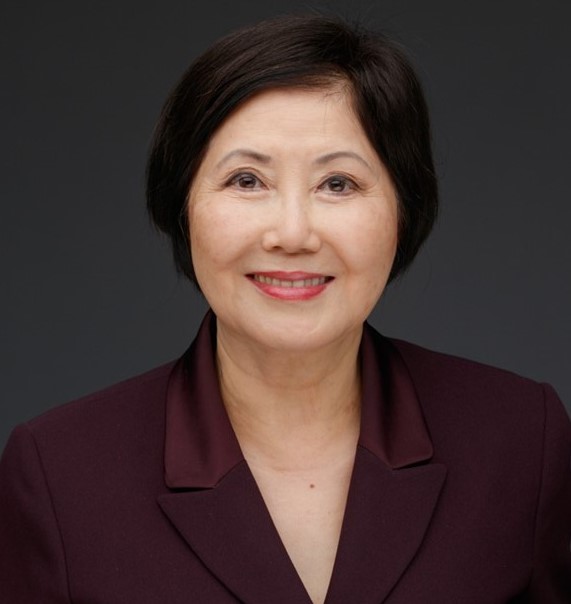Dr. Flossie Wong-Staal, a world-renowned molecular biologist and virologist and one of the pioneers in research on the Human Immunodeficiency Virus (HIV), the causative agent of the Acquired Immunodeficiency Syndrome (AIDS). She and her team of
scientists at the US National Cancer Institute were the first to molecularly clone HIV and to elucidate the complex structure of its genome. This accomplishment was instrumental in proving HIV to be the cause of AIDS, and in the subsequent development of diagnostic and therapeutic approaches for the disease. They were also the first to show that HIV is highly heterogeneous in the patient population, forecasting the importance of combination (cocktail) therapy to combat AIDS.
She obtained a bachelor’s degree in Bacteriology (1968) and a Ph.D. in Molecular Biology (1972), both from UCLA. In 1973, she joined Dr. Robert Gallo’s laboratory at the National Cancer Institute as a Research Fellow. During that time, she became interested in the class of viruses called retroviruses, which were then powerful tools in molecular biology. Furthermore, she was enamored of the idea that retroviruses could be potential pathogens in human disease. This notion, though initially not very popular among leading scientists, was later validated in the case of AIDS and certain human leukemias. Dr. Wong-Staal has published more than 400 papers on the subject of human retroviruses and AIDS. In 1990, based on the citation index of her published work, she was selected by the Institute for Scientific Information as the top woman scientist of the previous decade. She received numerous honors and awards and has membership in the U.S. National Academy of Medicine and the Academia Sinica of Taiwan.
In 1990, she left her position as Section Chief at the National Cancer Institute and returned to California to assume the Riford Chair in AIDS Research and Professorship in the Departments of Biology and Medicine at UCSD. Later, she became Director of the AIDS Research Institute and co-Director of the Center for AIDS Research at UCSD. In 2002, she left academia to direct research at biotechnology companies focused on applying novel approaches to target cancer and viral infections including HIV and HCV. In addition to research in these various settings, she also enjoyed mentoring young scientists from all over the world, many of whom have become accomplished scientists in their own right.

